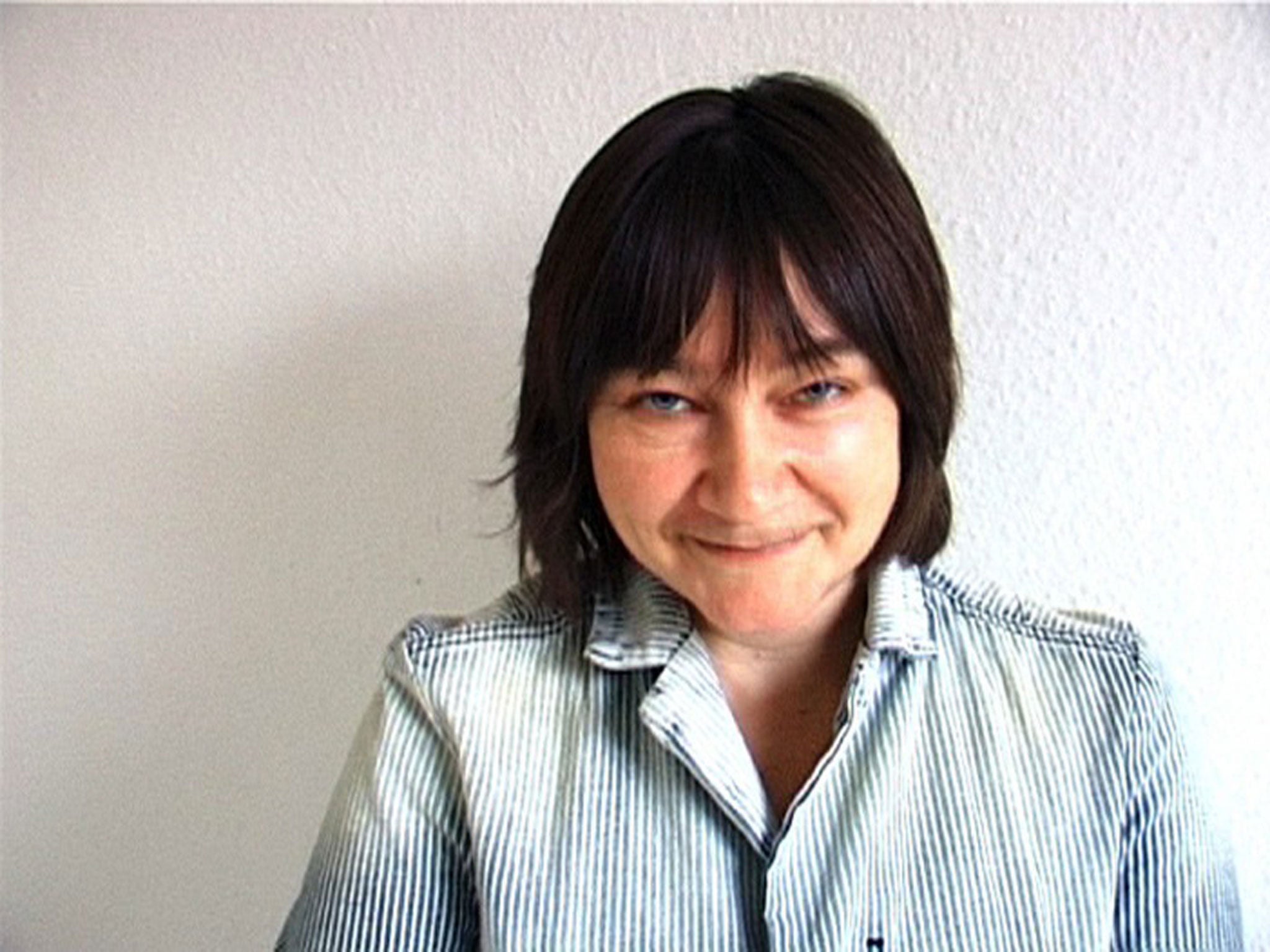Baileys Women’s Prize for Fiction 2015 winner: Ali Smith triumphs with How to Be Both
Having missed out on the Booker and the

Your support helps us to tell the story
From reproductive rights to climate change to Big Tech, The Independent is on the ground when the story is developing. Whether it's investigating the financials of Elon Musk's pro-Trump PAC or producing our latest documentary, 'The A Word', which shines a light on the American women fighting for reproductive rights, we know how important it is to parse out the facts from the messaging.
At such a critical moment in US history, we need reporters on the ground. Your donation allows us to keep sending journalists to speak to both sides of the story.
The Independent is trusted by Americans across the entire political spectrum. And unlike many other quality news outlets, we choose not to lock Americans out of our reporting and analysis with paywalls. We believe quality journalism should be available to everyone, paid for by those who can afford it.
Your support makes all the difference.Ali Smith was tonight declared the winner of the Baileys Women’s Prize for Fiction, for a novel that saw her compared by the chair of the judging panel to James Joyce and Virginia Woolf.
Ms Smith’s work How to be both, triumphed in a highly competitive shortlist featuring the works of only one debutante – Laline Paull with The Bees - and including Anne Tyler whose A Spool of Blue Thread was her 20 novel, as well as Rachel Cusk, on her eighth novel with Outline.
Ms Smith, who grew up in an Inverness council house, also beat Sarah Waters, whose sixth novel The Paying Guests had begun the day as the bookies’ favourite, with William Hill rating her 9/4 odds-on to win the £30,000 prize and bronze ‘Bessie’ trophy.
Ms Smith’s sixth novel, intertwining two narratives, one involving a modern teenage girl called George, the other the Italian renaissance artist Francesco del Cossa, has now won a hat-trick of awards which also includes the Goldsmiths Prize and the Costa Novel Award.
The Baileys Prize may also allow the author a sense of third time lucky after she was pipped to the Man Booker by Richard Flanagan’s The Narrow Road to the Deep North in October, and to the Costa Book of the Year by Helen Macdonald’s memoir H is for Hawk in January.
Shami Chakrabarti, the director of the human rights group Liberty, who chaired the judges, told the Independent she had fallen in love instantly with How to be both.
She said: “It reminded me of the excitement I felt as a 17-year-old studying for an English literature A-level, before I misspent my youth by doing a law degree.
“I was so excited by the writer I felt like I was in the presence of a James Joyce or Virginia Woolf of our time. This is a great book that people will devour and explore and re-read long after I am dead.”
Other judges, she said, had enjoyed the experimental form that included having two versions printed, one starting with del Cossa, the other with George, as she struggles to make sense of the recent death of the mother who had taken her to see the artist’s frescoes.
Ms Chakrabarti added: “There are universal themes about grief, loss, exploration of gender, but also contemporary issues like technology, surveillance, pornography. It is very, very accessible on the one hand, but also great art.
“That’s not an easy combination to pull off.”
Ms Chakrabarti said reaching the “clear majority decision” had involved a “long night” of discussion finishing close to midnight on the eve of the awards ceremony in London’s Royal Festival Hall.
But, she insisted she had enjoyed “a lovely process” while working with her fellow judges – the Independent columnist Grace Dent, Cathy Newman, the Channel 4 News presenter, Laura Bates, the founder of the Everyday Sexism project, and the novelist Helen Dunmore.
“I had read about the tantrums, tiaras and walkouts that sometimes occur when judging these awards, but there was none of that.
“I think we are all going to be mates. They are really strong women, and, like me, gobby, but they listened to everyone and were so generous with each other that it was a joy.
“I loved the experience. It was my literary spa before the battle to save the Human Rights Act.”
“My impression,” she added, “was that the winning book grew on some of my fellow judges upon re-reading. We finished well after 11pm after three hours, but there wasn’t much argument. It was more reflection and deliberation.”
Commenting on the importance of all-women awards after the Independent revealed research suggesting that novels written from a female perspective are less likely to win major literary awards than those with a male protagonist, Ms Chakrabarti said: “This is yet another vindication of the importance of the Baileys Prize. Women are entitled to see themselves reflected in these stories.
“I have always been of the view that story telling changes the world – more than journalism, great speeches or even legislation. It moves people to act: there once was a girl called Shami who read a book called To Kill a Mockingbird ... So given that gender injustice is in my view the biggest injustice on the planet, it is very important that women’s stories are told.”
Join our commenting forum
Join thought-provoking conversations, follow other Independent readers and see their replies
Comments